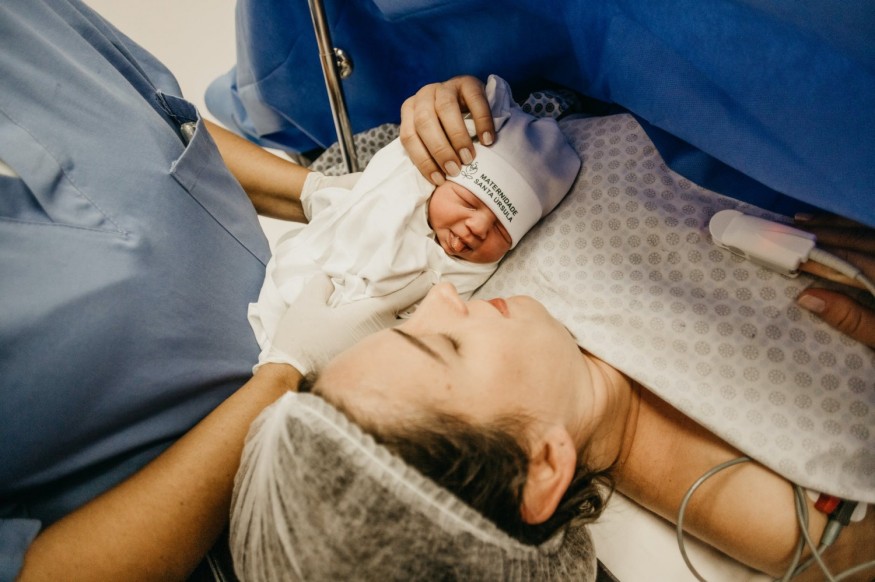Important Facts About a C-Section During COVID-19

As a pregnant mother, you might be concerned about your pregnancy and your infant's upcoming birth during this pandemic. Being safe and trying to remain COVID-19 free can be concerning. You could also be wondering about what kind of safety measures are in place when delivering through C-section.
What is a C-Section?
It's also known as a cesarean section. This is when a baby is delivered through an incision made in the mother's abdomen.
This procedure is done while you're under local anesthetic. The medicine is administered into your back and numbs your lower abdomen and legs during the operation.
The anesthetic could be given through epidural. A catheter is inserted in the spine and then administered as long as needed. Another method is a spinal block. The anesthetist gives this by injecting the meds into the spine, which lasts for one and a half hours to three hours.
There's a third option, which is only done during an emergency; this is general anesthetic. This option is when you're completely asleep during the procedure.
When is a C-Section Needed?
The first preference for any doctor is that mothers deliver their babies through a vaginal birth and not a C-section. The reason for this being that natural birth is regarded as safer than a cesarean.
There are certain instances when the mother's condition requires a C-section delivery. This decision is made ahead of time when:
Previous births were also cesarean.
The unborn baby's lying with its feet in the birth canal. This position is called the breech position.
The mother might have a heart condition and delivering through the vagina could jeopardize her health.
She might have an infection and then transmit this to her infant.
When the pregnancy is a multiple pregnancy, which is when the mother is pregnant with two or more babies.
You might need an unplanned cesarean when:
During natural birth, the infant has difficulty breathing and has an irregular heartbeat. The fetus is then considered to be in distress and has to be delivered immediately.
The vaginal birth process has been prolonged or has stopped.
The baby might be too large for the birth canal.
What to Expect During Covid-19?
According to the health services in Alberta, California, it would help if you had a conversation with your health care provider regarding your birth plan. Natural birth will still be the first preference. There are specific COVID-19 policies in place at all hospitals which should be followed.
If you don't have any COVID-19 symptoms and you aren't in isolation, then the birth of your infant should be able to go ahead as planned.
If you're in isolation but have no symptoms, then the delivery will still go ahead as planned. Your support person and medical staff would, however, need to wear protective equipment.
However, if you have symptoms or have tested positive, your infant's birth will have to occur in a hospital. The birth process can still happen as planned, but the medical staff and your support person will have to wear protective equipment.
Your support person will have to be screened to be present at the birth of your child. If they don't meet the screening criteria, they won't be allowed to attend the delivery.
Regular consultation will need to be kept with your health practitioner so that you're aware of any new developments or changes that may arise due to COVID-19.
C-Section Risks
The risks associated with this procedure aren't as significant as some might believe. The risks are:
Complications might arise from the anesthesia.
There might be excessive blood loss.
An infection might set in; this can be from the wound or the uterus.
Injury to the mother or the infant.
If there's any injury to you or your baby, it's best to find out more from a birth injury lawyer on dealing with the situation.
To Summarize
Although a cesarean birth isn't the first option for delivering a baby, it's sometimes a necessary procedure for the safety of the mom and infant.
It's advisable to consult with your health care provider about your birth plan during the pandemic and how the COVID-19 protocols will affect it.
Subscribe to Latin Post!
Sign up for our free newsletter for the Latest coverage!
© 2026 Latin Post. All rights reserved. Do not reproduce without permission.














